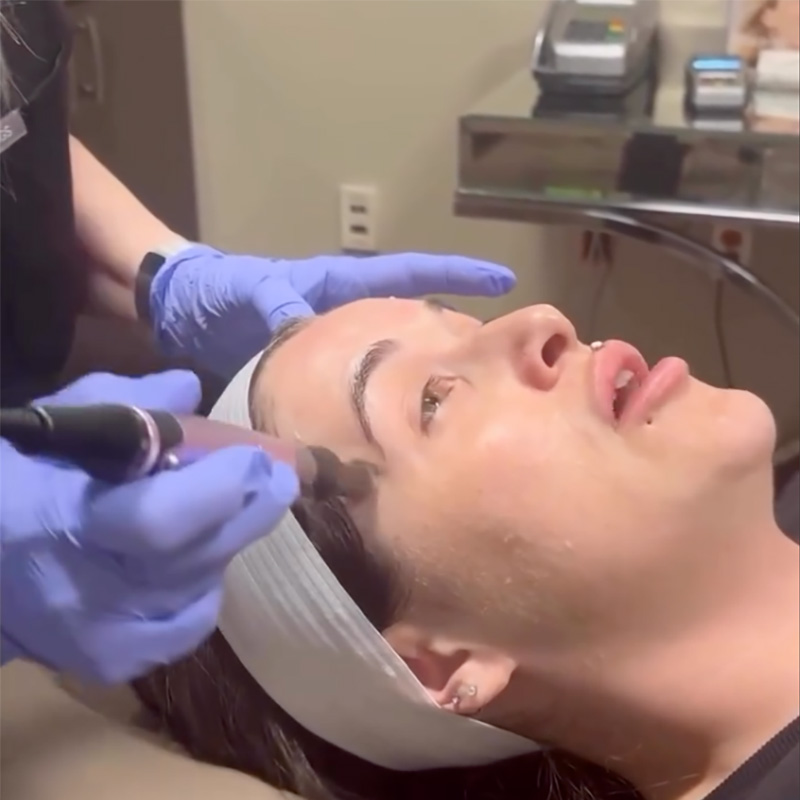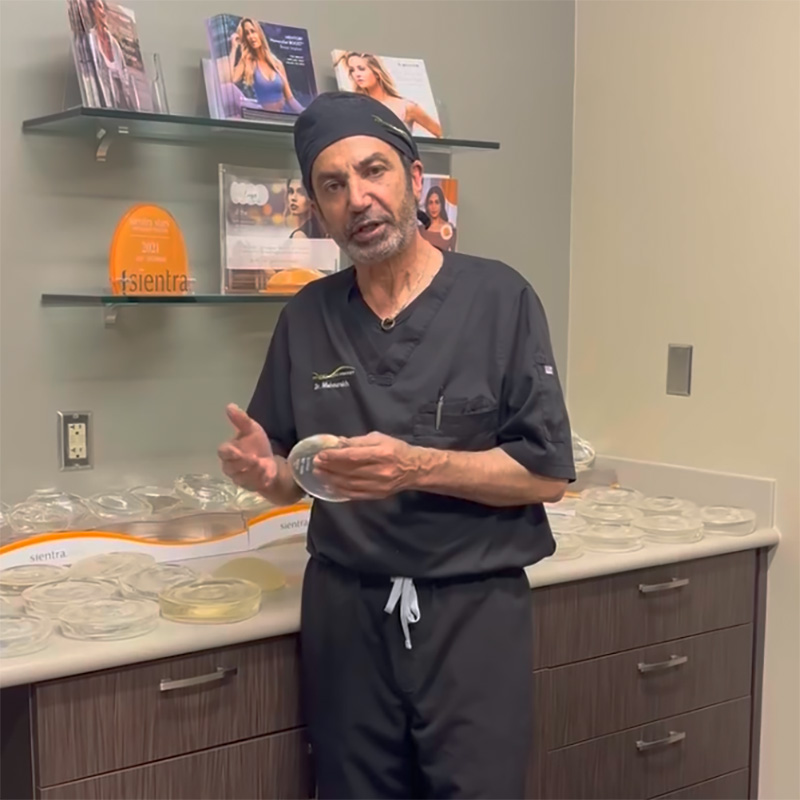3 Min Read
Many individuals are interested in learning more about facelift surgery and what this procedure can do for them; however, some are concerned about the quality of results that they will receive.
There is no denying that facelift “fails” are prominent on social media and television, and their prominence can make any potential patient worried about their results.
Fortunately, with the right surgeon, preparation, and recovery practices, your facelift results can match and exceed your expectations.

1. Be Honest With Your Surgeon During Your Consultation
During your consultation, it is essential to be honest with Dr. Mabourakh about the results you wish to achieve.
Be prepared to discuss current medications, drug allergies, and previous surgeries. Dr. Mabourakh will evaluate your face and discuss the possible results after undergoing this procedure.
Your consultation is not only a time to design your surgical plan, but it is also an opportunity for you to ask Dr. Mabourakh any questions you may have about facelift surgery.
What Questions Should You Ask Your Surgeon?
- How many years of plastic surgery training do you have?
- How often do you perform facelift surgery?
- Do you have hospital privileges?
- Am I the right candidate for facelift surgery?
- Where and how will you perform my facelift?
- What are the risks and complications after facelift?
2. Your Pre-operative Visit Before Your Surgery
Medical evaluations and lab tests may be required to make sure that you are healthy enough to undergo a surgical procedure.
You must stop smoking and taking blood-thinning medicines or herbal supplements for at least two weeks before your surgery. These practices will help to reduce your complication risk during and after the surgery.
3. Make Preparations for Your Recovery Beforehand
Facelift surgery is performed under general or sedation anesthesia. Either way, it is critical to make plans for someone to drive you home and stay with you for a night or two.
4. Take Care of Yourself During Your Recovery
After the surgery, you should expect some pain, bruising, swelling, and soreness. You will be prescribed pain medication to alleviate discomfort.
It is essential to take the correct amount of medicine that has been prescribed.
In addition, you can follow the following practices to ease your recovery period:
- Apply cold packs to reduce any swelling and help ease the pain
- Wear a button-up shirt, as this will avoid having to pull any clothing over your head
- Avoid wearing makeup
- Do not apply pressure to the wounds
- Hold off on extreme physical activity
- Avoid direct exposure to the sun
Make sure to follow your Dr. Mabourakh’s guidelines about washing your hair and taking care of your wounds. You will also be given written instructions to take home with you.
5. Attend Your Follow-Up Appointments (and Listen to Your Surgeon’s Advice)
You will have multiple check-up appointments in the months after your facelift surgery.
It is essential to attend these appointments because Dr. Mabourakh will be evaluating your wounds to make sure they are healing correctly.
If there are any complications, it is best Dr. Mabourakh spots them as early as possible.
6. Expect a Long-Term Maintenance Program
While facelift surgery provides lasting results, additional aging will eventually begin to change your facial appearance once again.
To maintain the results of your facelift, you should avoid smoking, wear sunblock, apply medical-grade skincare, undergo non-surgical skin rejuvenation procedures, and maintain a healthy lifestyle. It is also recommended you see our clinical esthetician to establish a daily regimen and continue with follow up skin care.
Want to Know More About Facelift Surgery?
If you would like to learn more about your facelift options in Folsom and Stockton, California, contact (916) 984-8585 or visit our online consultation page.






